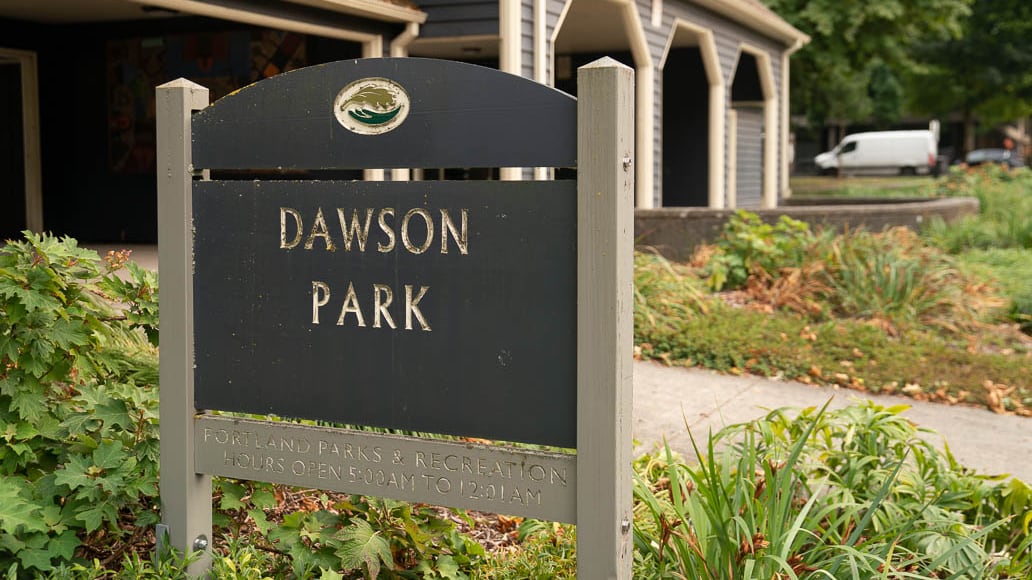State Rep. Travis Nelson (D-North Portland) plans to introduce a bill this week that would change state law to allow cities, including Portland, to create parks districts—special municipal taxing districts that with voter approval would create dedicated parks funding.
Currently, Portland Parks & Recreation competes with other bureaus for general fund dollars. A taxing district would allow the bureau to tap into a dedicated funding stream rather than augmenting general fund dollars with periodic levies as is currently the case. (Portland voters overwhelmingly approved a parks levy in 2020 that extends until 2025. That levy produced $45 million last fiscal year and restored many summer programs.)
Nelson is taking up the bill at the behest of the city’s newest parks commissioner, Dan Ryan. They say that state law currently allows for counties to create park districts, but not cities. If such a bill is passed, Portland voters would still get to vote on both the creation of the district itself and any proposed tax levy. (Other municipal services, such as the Multnomah County Library, have dedicated taxing districts.)
Nelson says first reading of the bill will likely take place by the end of this week.
Portland Parks & Recreation says it has $600 million worth of deferred maintenance across its facilities, including 146 neighborhood parks, 12 swimming pools, five golf courses and 12 community centers. Its infrastructure continues to age, and budget cuts in 2019 reduced offerings at bureau facilities across the city.
“I’m excited to have the opportunity to collaborate with the city of Portland on this piece of legislation that will give them another tool to ensure that our parks and recreational areas are accessible and maintained for Portlanders to enjoy,” Nelson says.
